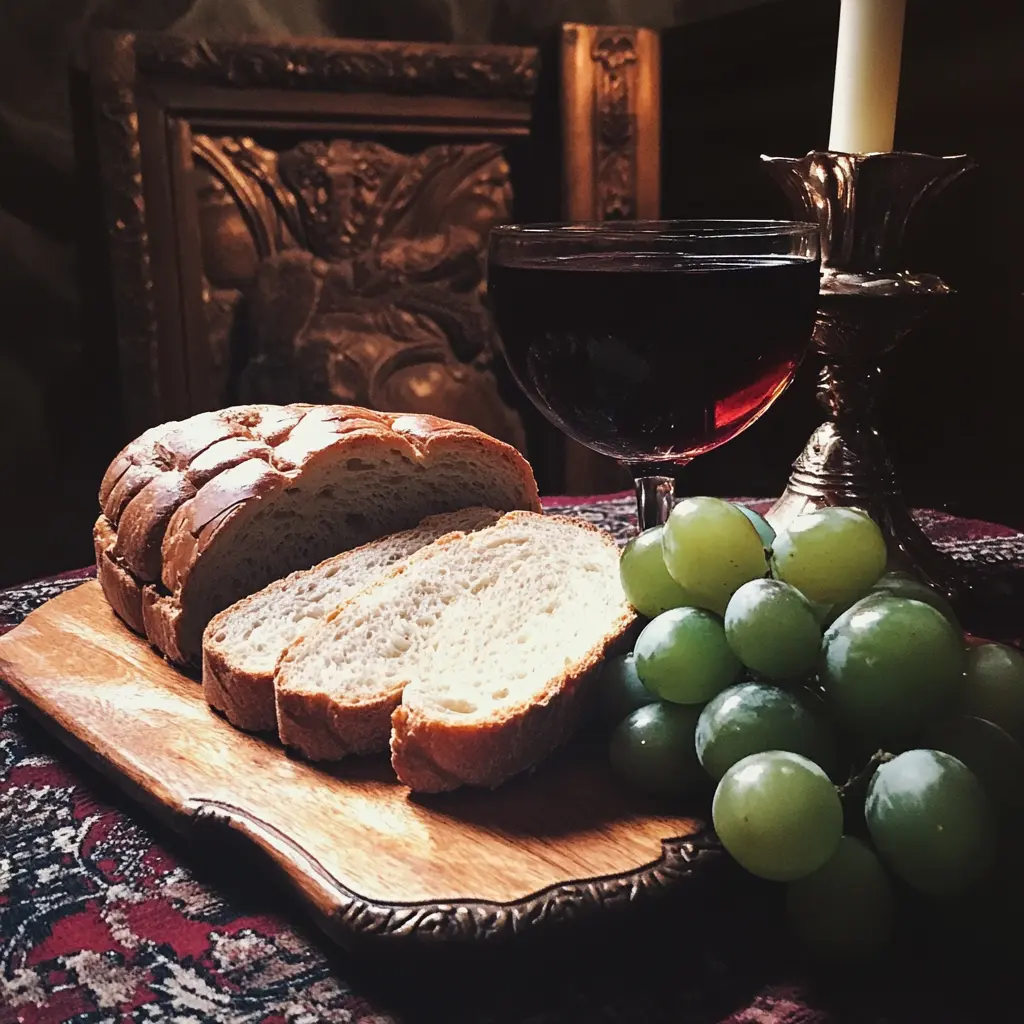Under Judaism, the law required different types of offerings. Offering for atonement was particularly prominent. That was understandable as the people missed divine marks on several occasions. However, offerings before the law can be categorized differently. The offering of Noah was not to atone for sins; rather it was for gratitude. His family had been under lockdown for a little over a year. Making an offering of gratitude to God was a fitting thing to do when they came out of the ark. How important was that step? Very important, for two reasons. First, as soon as God smelt the sweet odour of the sacrifice, He covenanted to not destroy the world with a flood again. If you wonder why God hasn’t destroyed the world despite growing evil, it was because of the sacrifice of Noah.
Secondly, it is a way to avoid divine wrath as the following scripture indicates: “In those days Hezekiah was sick and near death, and he prayed to the LORD; and He spoke to him and gave him a sign. But Hezekiah did not repay according to the favor shown him, for his heart was lifted up; therefore wrath was looming over him and over Judah and Jerusalem.” (2 Chronicles 32:24-25 NKJV). The New Living Translation noted that the Lord’s anger came against him and Judah because “he did not respond appropriately to the kindness shown him, and he became proud.” Whenever you receive any kindness from God, you are morally bound to give Him thanks.

